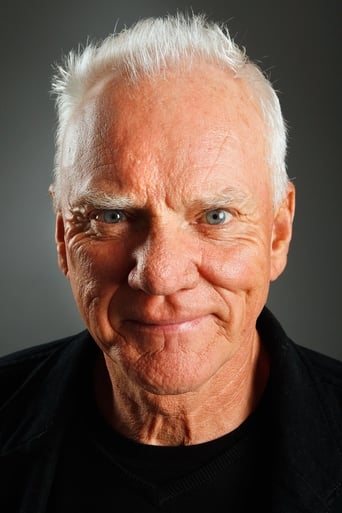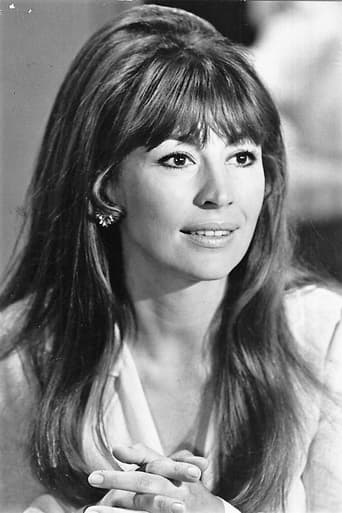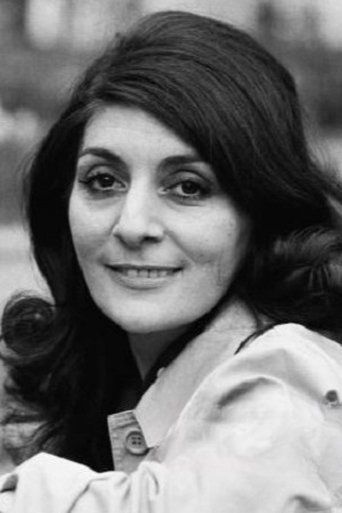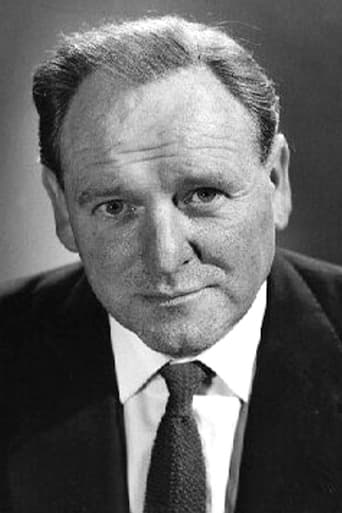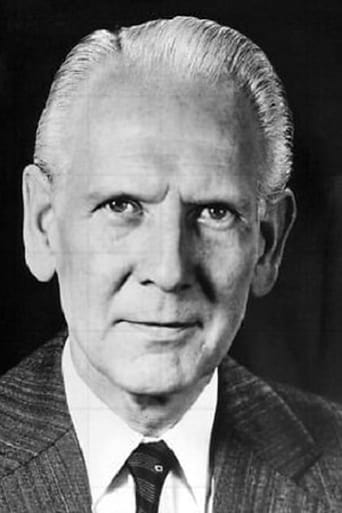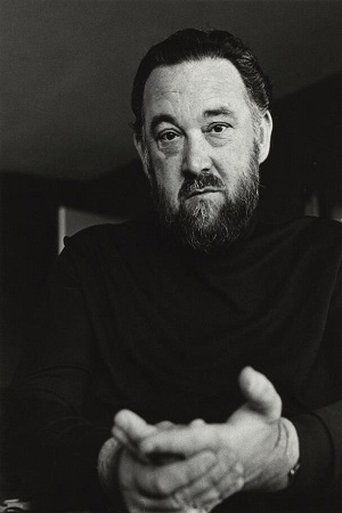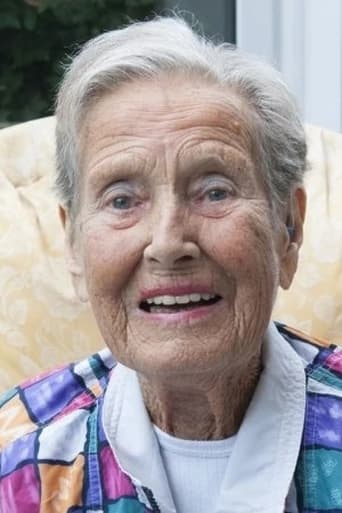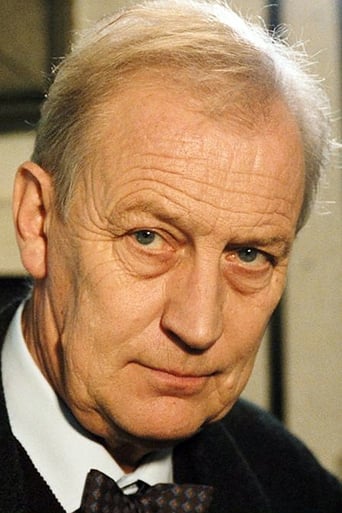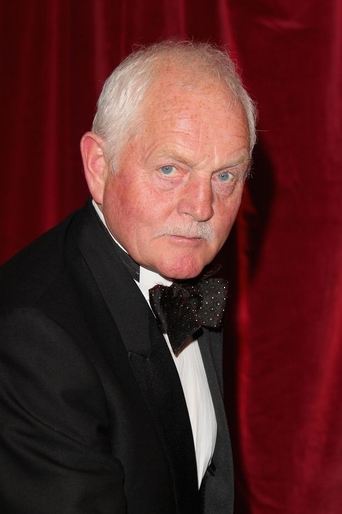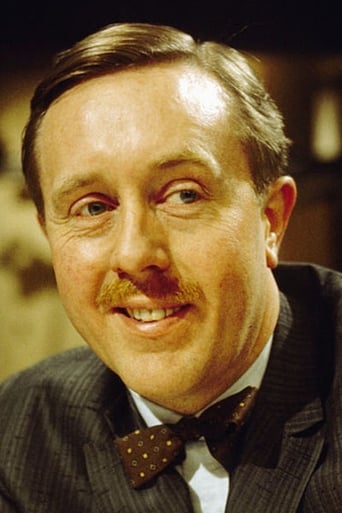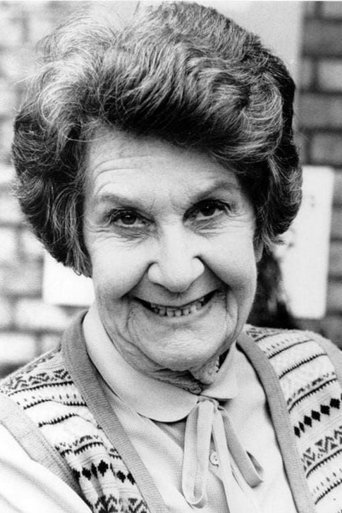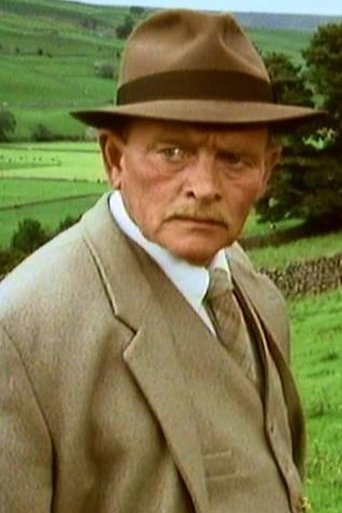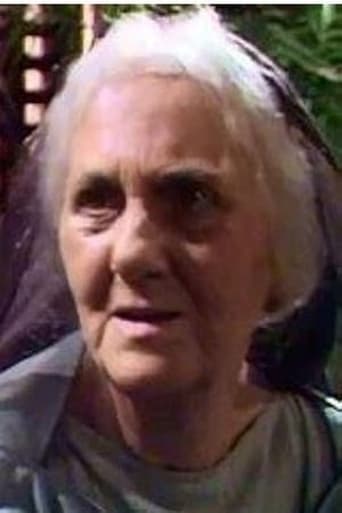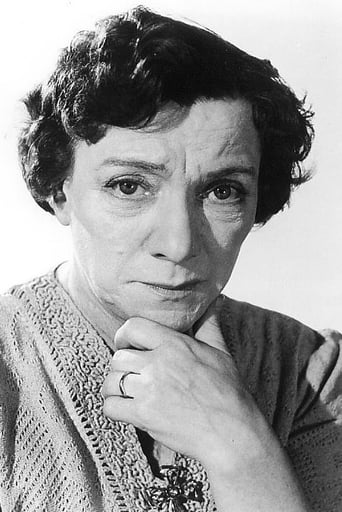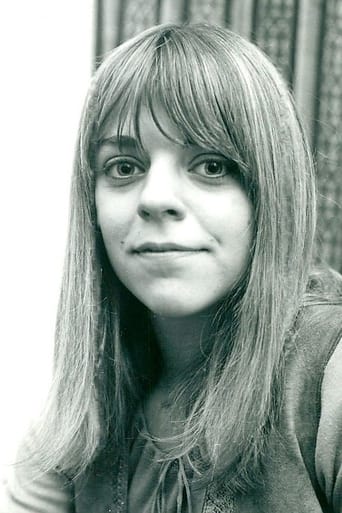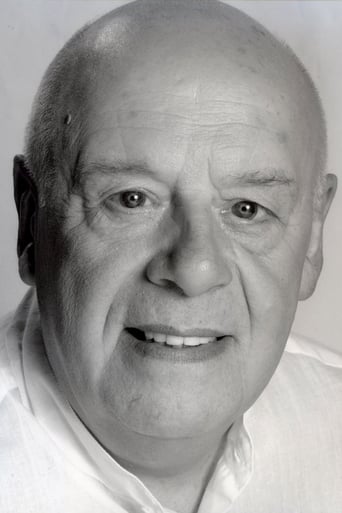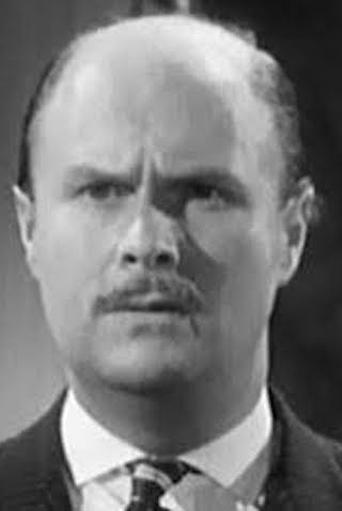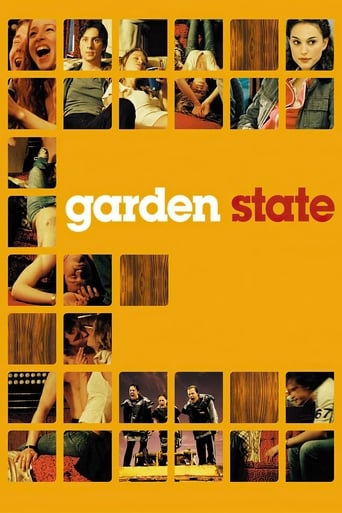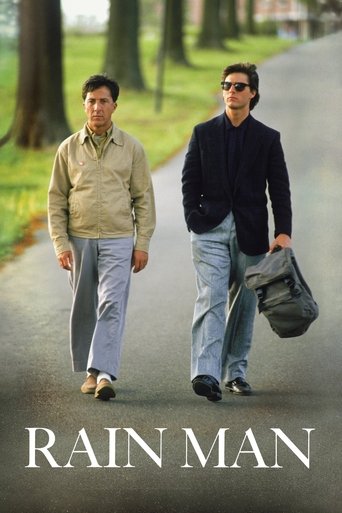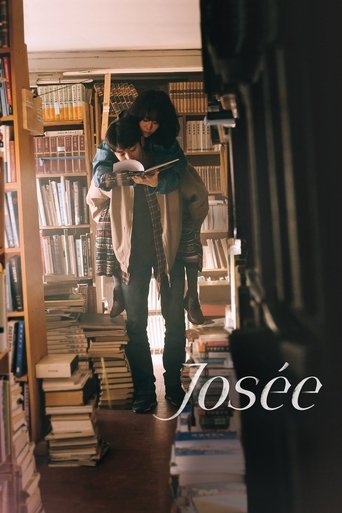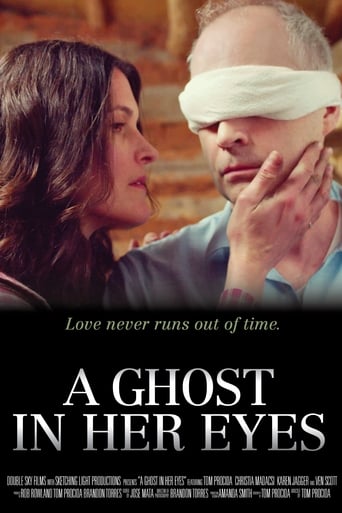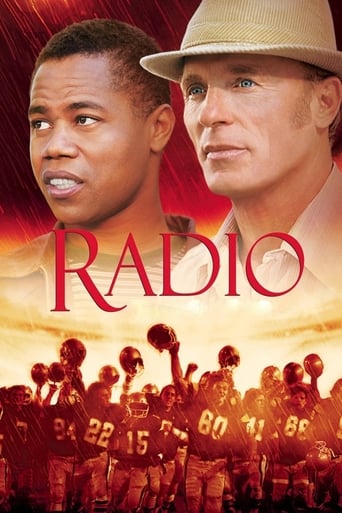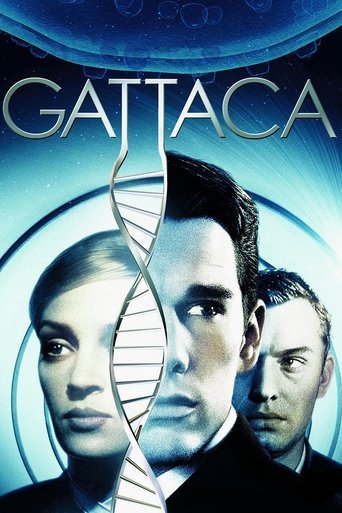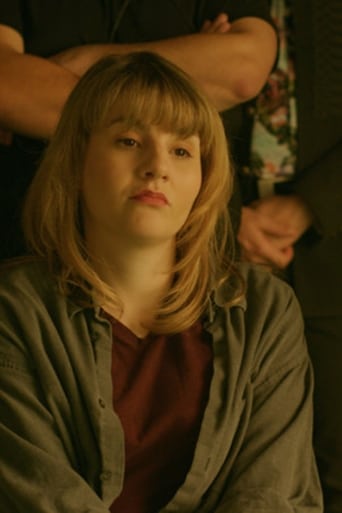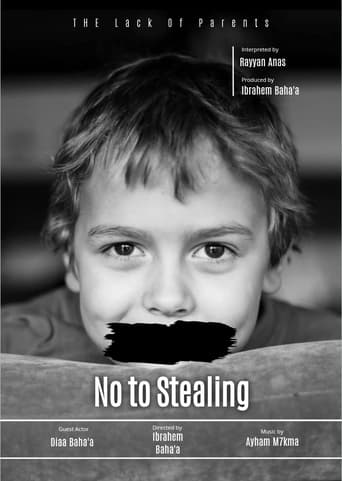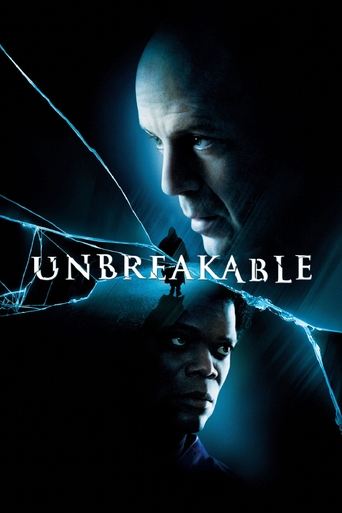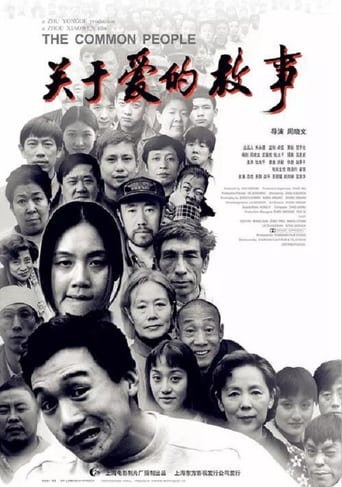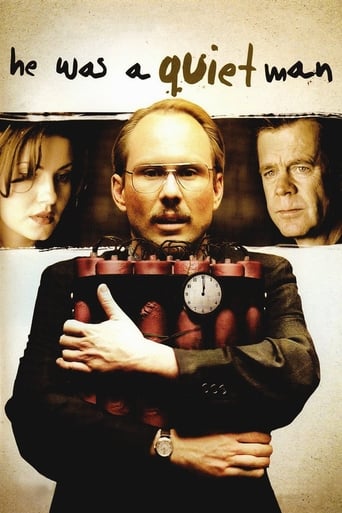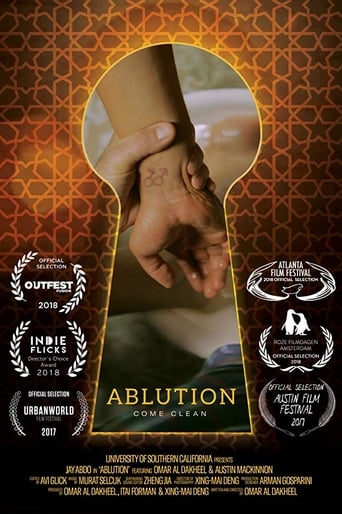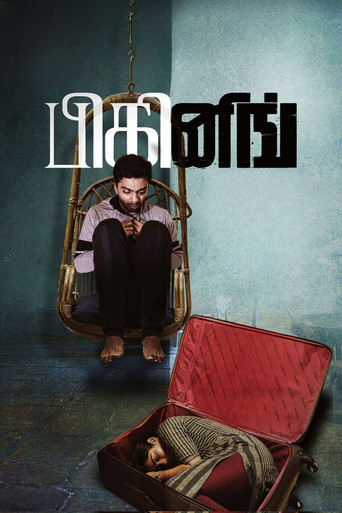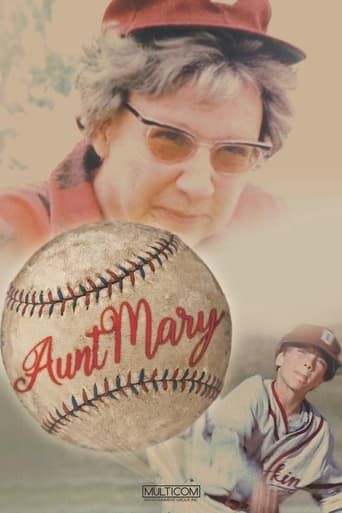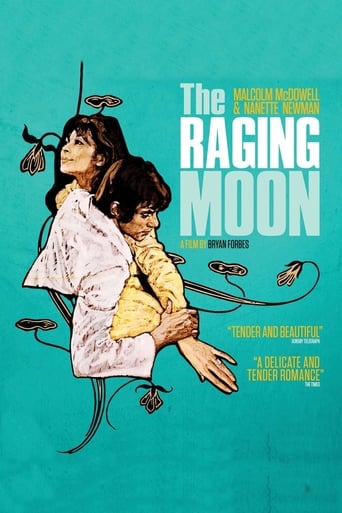
The Raging Moon (1971)
Bruce Pritchard is paralysed in a soccer game and is confined to a wheelchair in a convalescence home. But this doesn't slow his lust for life. Then he meets Jill and has to think about the effects of disability.
- Bryan Forbes
- Bryan Forbes
Rating: 6.5/10 by 16 users
Alternative Title:
Long Ago, Tomorrow - US
Muito Tarde Para O Amanhã - BR
Labirinto de Sentimentos - PT
Drömmen om kärlek - SE
Luna arrabbiata - IT
Tombol a hold - HU
Der wütende Mond - DE
Amor es mi vida - ES
Country:
United Kingdom
Language:
English
Runtime: 01 hour 51 minutes
Budget: $0
Revenue: $0
Plot Keyword: paraplegic, disability
I can't say that I am really a fan of Malcolm McDowell. He always seems to play an angst-ridden "victim" of something, and here is no different. He ("Bruce") suffers a debilitating injury whilst playing football, and is now wheelchair bound. His working class family have no idea how to care for him (nor much interest, either) so he is shipped off to a care home, ostensibly, for more specialist care. Depressed and dejected, he meets "Jill" (Nanette Newman). She is also confined to a chair, and engaged to a fiancée who is loyal but increasingly full of little love - or lust, just pity. As the two start to bond, they discover a rebellious nature and a sense of optimism which lifts both of their spirits. That's about the height of the story, it is simple and straightforward with little effort made to fill the plot with faux scenarios. The supporting cast - Bernard Lee and Georgia Brown amongst them, offer us honest and plausible characterisations as those around them must also do some adjusting of their own. It has a sadness, a relentlessness to it, which is complimented well by the steady pace of the film and an effective score from Stanley Myers - both of which allow McDowell to offer up one of his better, more considered and empathetic performances. Newman is adequate. I found she always had a slightly soporific tone to her voice which I never really liked and which sometimes rendered her conversations about more serious matters (here it is sex and longing) hard to absorb. There are no rose-coloured cottages for people here, as the ending demonstrates - and that, too, adds a degree of authenticity to this story that is curiously depressing yet uplifting at the same time.

